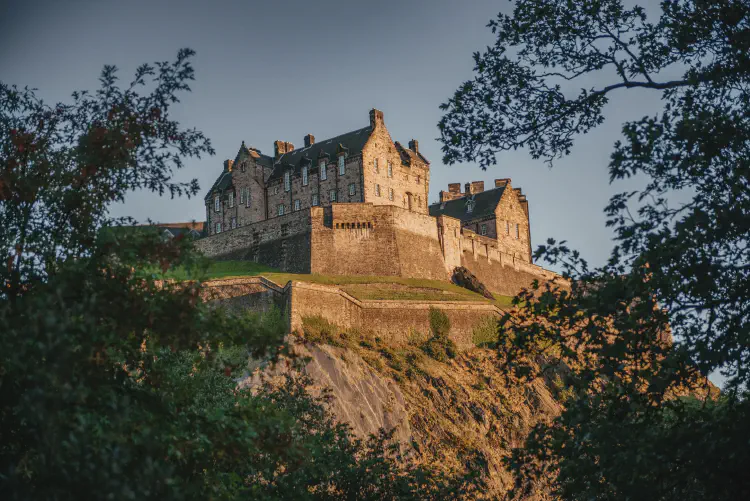Brief history of Scotland
Scotland’s past is full of dramatic events, legendary figures, and cultural achievements. From ancient tribes to modern politics, its history shapes both the national identity and the visitor experience today.
- Scotland Tours
- 2 min read

Early Scotland and Ancient Peoples
The earliest inhabitants of Scotland were hunter-gatherers, later followed by Celtic tribes such as the Picts and Gaels. Evidence of these early societies remains in standing stones, brochs (ancient round towers), and hill forts scattered across the landscape.
Roman Encounters
The Romans never fully conquered Scotland, though they built Hadrian’s Wall in northern England to protect their territory. Their presence influenced trade and culture, but Scotland remained largely independent from Roman rule.
The Medieval Kingdom
By the Middle Ages, Scotland had developed as a distinct kingdom. Key events included:
- The Wars of Independence (13th–14th centuries): Figures like William Wallace and Robert the Bruce fought to secure Scottish sovereignty, with the Battle of Bannockburn (1314) becoming a symbol of national pride.
- The Stewart Dynasty: The Stewart (later Stuart) kings ruled for centuries, guiding Scotland through cultural and political changes.
Union with England
In 1603, King James VI of Scotland inherited the English throne, uniting the crowns. Later, in 1707, the Acts of Union formally joined Scotland and England into the Kingdom of Great Britain. This brought both opportunities and tensions, particularly around issues of national identity and governance.
Industrial Growth and Migration
During the 18th and 19th centuries, Scotland became a hub of industry, shipbuilding, and intellectual progress. The Scottish Enlightenment produced influential thinkers like David Hume and Adam Smith. However, this period also saw hardship, including the Highland Clearances, which forced many families to emigrate.
Modern Scotland
In the 20th century, Scotland contributed heavily during both World Wars, and later experienced industrial decline. Since the late 20th century, debates over independence and self-government have shaped politics. In 1999, the Scottish Parliament was re-established in Edinburgh, giving Scotland devolved powers.
Why Scotland’s History Matters for Visitors
For travelers, Scotland’s history isn’t just something to read—it’s something to walk through. Castles, battlefields, and ancient sites bring the past to life. The story of resilience and identity continues today, making Scotland not just a historic land, but a living one.